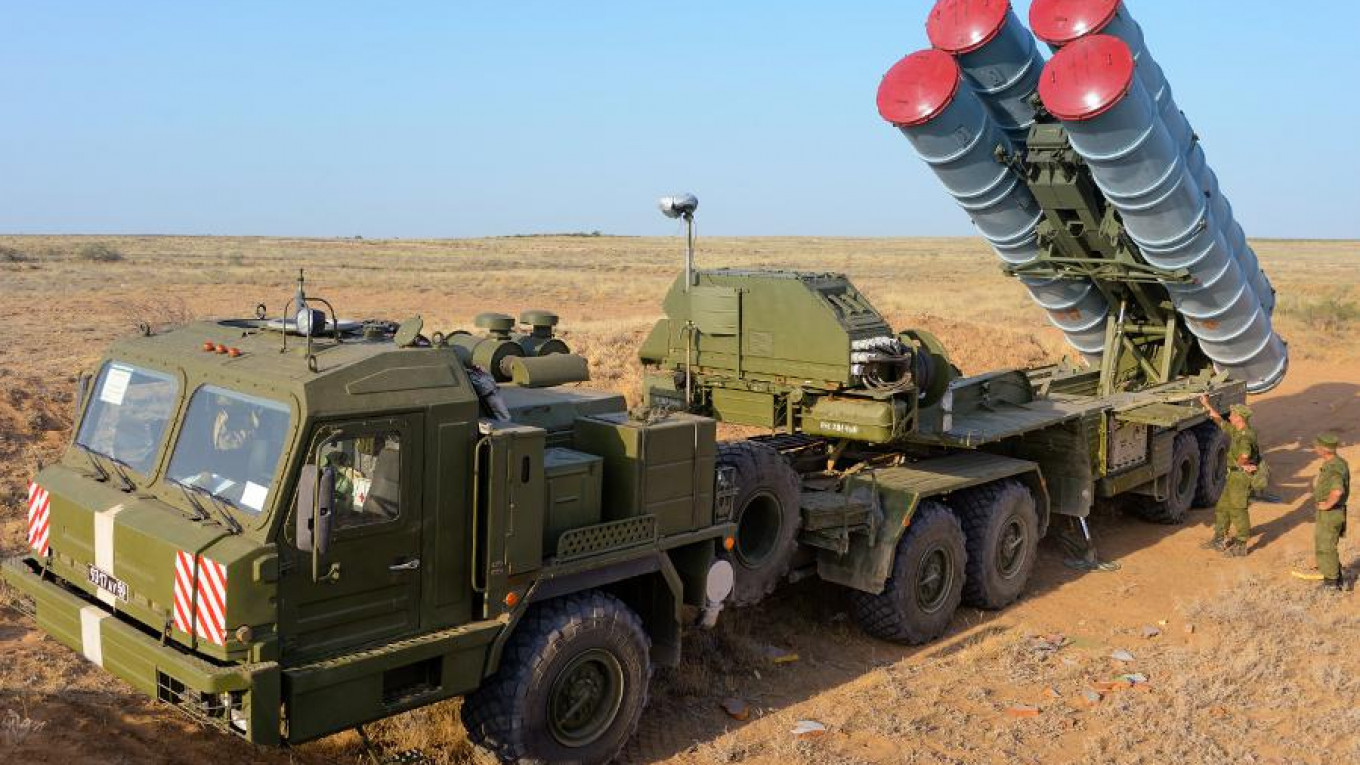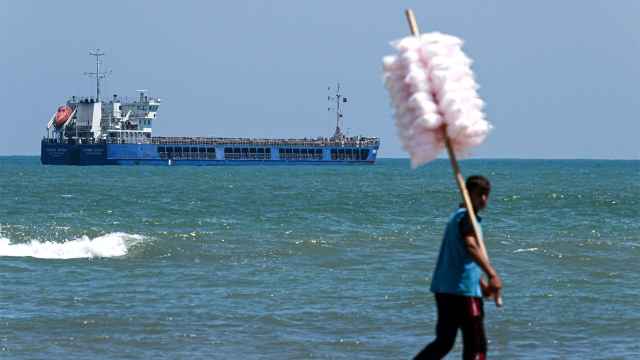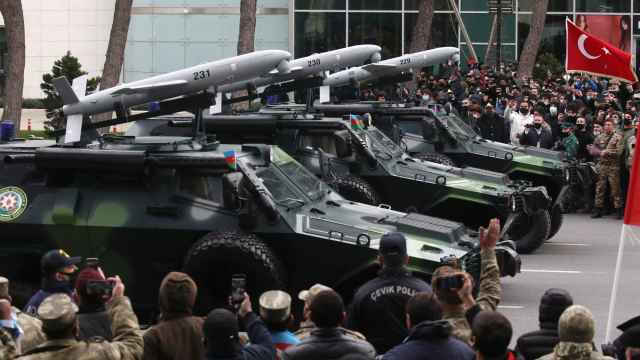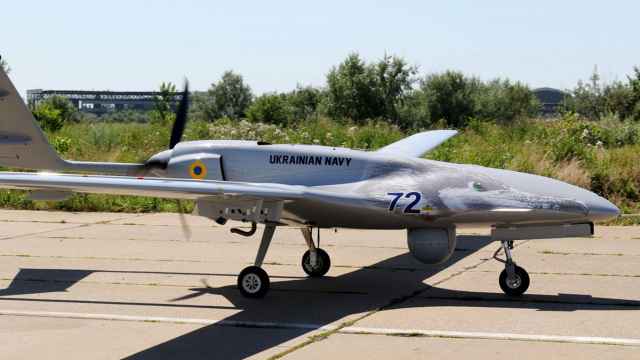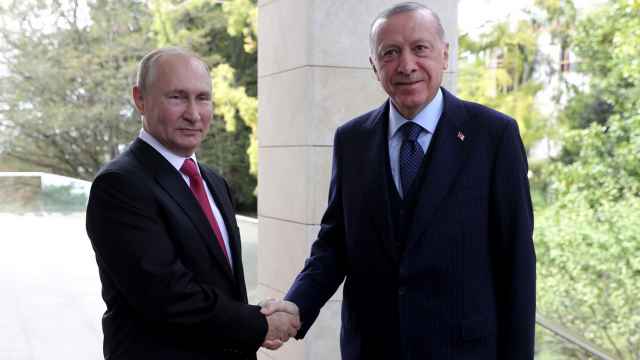Russia has signed a deal with Turkey for the delivery of anti-aircraft missiles in a move that is widely seen as a snub to NATO.
The sale of the S-400 surface-to-air missiles cements Ankara’s ties with Moscow following a period of fraught relations after Turkey downed a Russian fighter jet on the border with Syria in late 2015. The deal also suggests Turkey is moving away from its Western NATO allies.
“Nobody has the right to discuss the Turkish republic’s independence principles or independent decisions about its defense industry,” Turkish President Recep Erdogan was cited as saying by media on Tuesday, adding a deposit on the missiles had already been paid.
Russia’s Federal Service for Military-Technical Cooperation confirmed to the Interfax news agency on Tuesday that a contract had been signed.
“It is important to underscore that the delivery of this weapons system to Turkey is in Russia's geopolitical interests,” the Federal Service for Military-Technical Cooperation was cited as saying by Interfax.
A Message from The Moscow Times:
Dear readers,
We are facing unprecedented challenges. Russia's Prosecutor General's Office has designated The Moscow Times as an "undesirable" organization, criminalizing our work and putting our staff at risk of prosecution. This follows our earlier unjust labeling as a "foreign agent."
These actions are direct attempts to silence independent journalism in Russia. The authorities claim our work "discredits the decisions of the Russian leadership." We see things differently: we strive to provide accurate, unbiased reporting on Russia.
We, the journalists of The Moscow Times, refuse to be silenced. But to continue our work, we need your help.
Your support, no matter how small, makes a world of difference. If you can, please support us monthly starting from just $2. It's quick to set up, and every contribution makes a significant impact.
By supporting The Moscow Times, you're defending open, independent journalism in the face of repression. Thank you for standing with us.
Remind me later.


